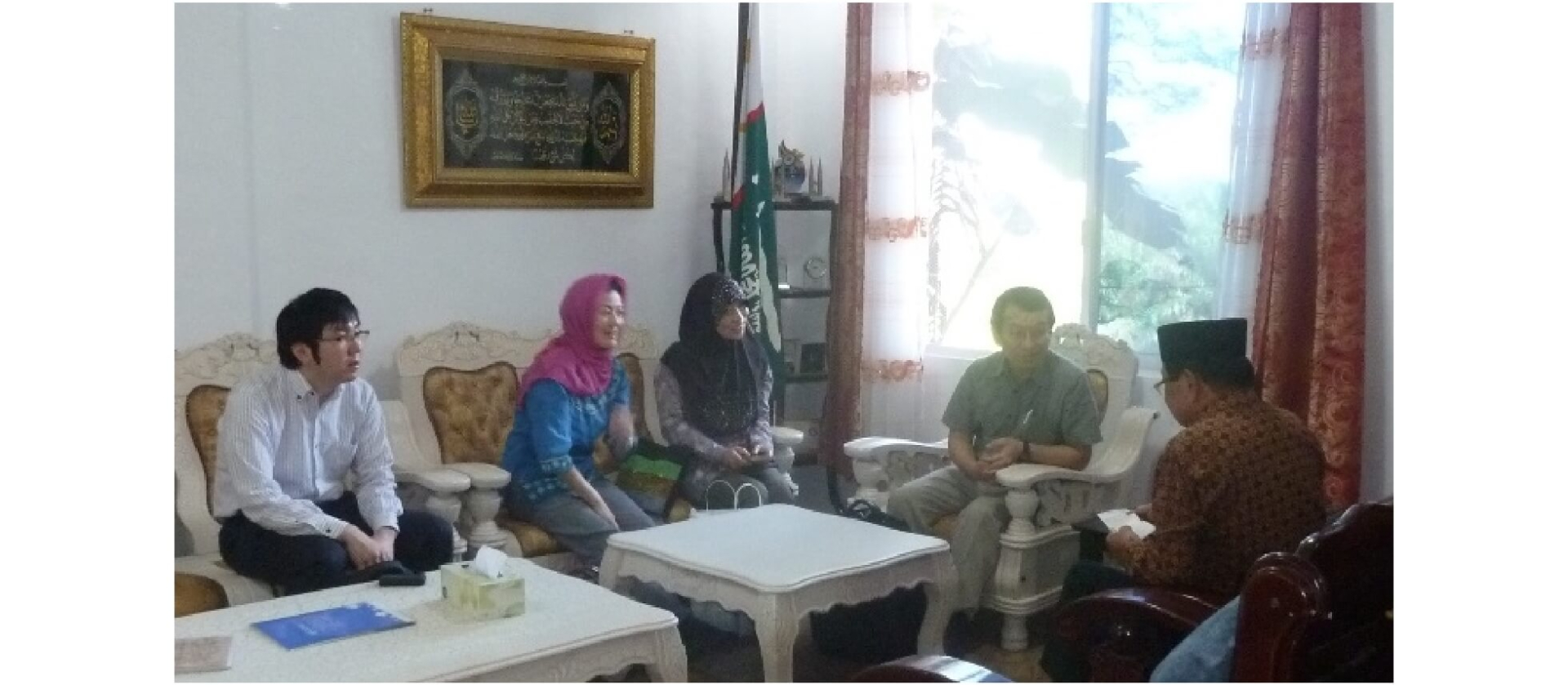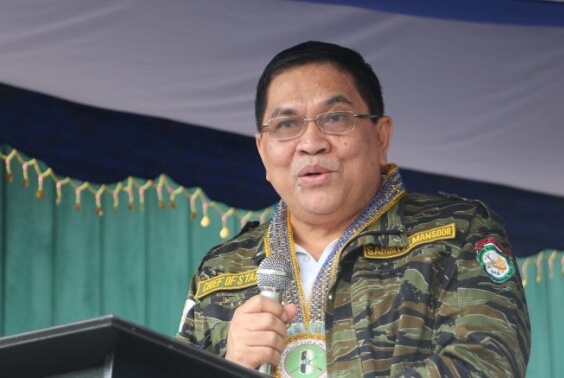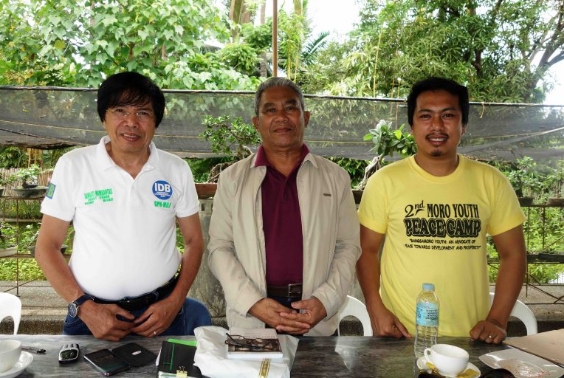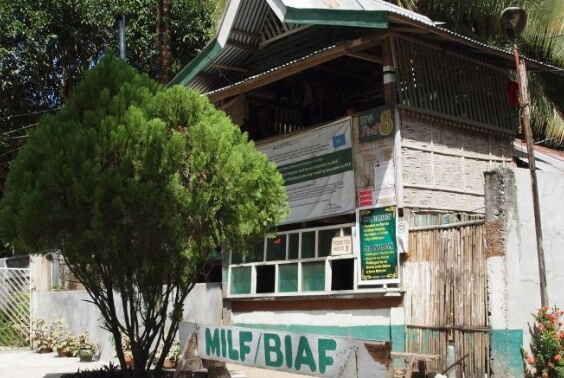- SOUTHERN PHILIPPINES
Crafting the New Bangsamoro Basic Law
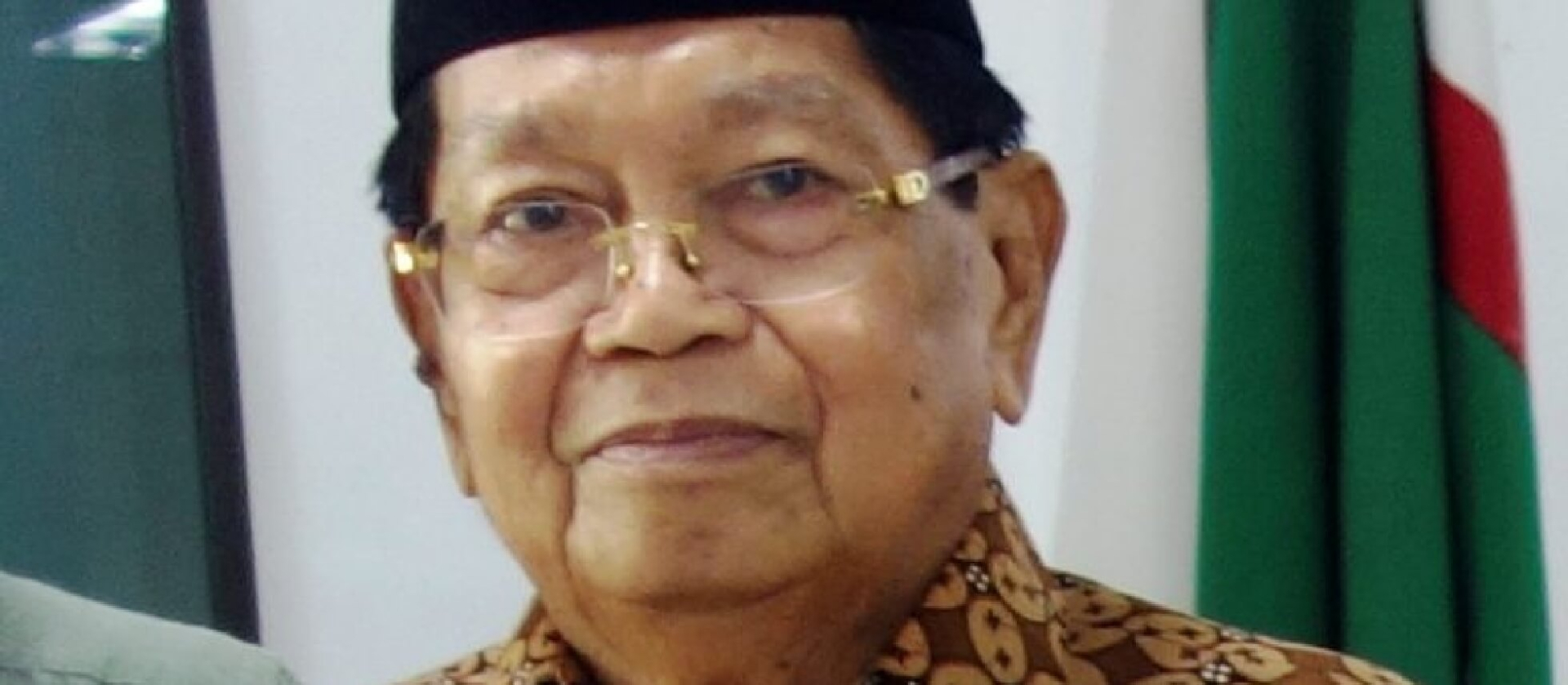
On November 7, 2016, President Rodrigo Duterte signed the Executive Order 8 to create the expanded Bangsamoro Transition Commission (BTC). It has increased the number of BTC members from 15 to 21 to draft the Bangsamoro law to be more inclusive.
On February 24, 2017, the renewed BTC was finally launched in Davao City with the presence of President Duterte.
APBI members interviewed the newly appointed Chairman of the BTC, Mr. Ghazali Jaafar.
Q First of all, how did you get involved in the Moro struggle?
Chairman Ghazali Jaafar
When I was a 3rd-year high school student in Cotabato City, student movements were organized and many future MNLF (Moro National Liberation Front) leaders had joined. The religious as well as political leaders also organized groups such as the Ansarol Islam.
On September 21, 1972, Martial Law was declared. Three days after the declaration, I went to the jungle together with the MILF founding Chairman Ustaj Hashim Salam, one of the Ulama and a leader of the Indigenous People who graduated from Al Azhar University and converted to Islam, and three other persons. The five of us were the first ones to go to the jungle. And later on, I was trained as one of the mujahideen in Afghanistan.
Q Now that you have become the new Chairman of the expanded Bangsamoro Transition Commission, your task is to draft a new Bangsamoro Basic Law (BBL). How would you see the challenges and prospects?
Chairman Ghazali Jaafar
Well, it is very challenging.
The task of the BTC is to redraft the BBL, which was not passed as a law during the previous administration. One of the reasons was the apprehensions of indigenous peoples, Christians, traditional leaders (Sultans and datus) as well as Muslim political leaders (governors and mayors). They expressed their apprehensions to the Congress regarding the passage of the BBL.
I think these apprehensions are still around. That is why, under the new BTC, we are determined to address these apprehensions by way of talking to these sectors. We have organized task forces under my office to initiate dialogues with them. One of the missions of the task forces is let them feel that they are the owners of this process. After all, when the Bangsamoro Ministerial government is set up, it should not constitute the MILF government or MNLF government, but the government of the people of the region. We will appeal to them to cooperate with us. Our message to them is “let us work together for the passage of the BBL.”
Q How do you see the challenges of the conversion of the MILF and the MNLF, especially from Chairman Misuari’s perspective.
Chairman Ghazali Jaafar
That is another issue.
Brother Nur, no doubt, is one of many leaders. When the struggle started, we were together. At one time, I stayed together in one big room in a foreign country for one year with Brother Nur and Brother Muslim Sema. At that time, he was our leader as there was only one organization, the MNLF. But that was many years ago, and those young leaders have now become full-fledged leaders. The fact is there are many leaders now who had also struggled with us. The proper way is to listen to them and incorporate their good ideas.
However, Brother Nur opted to not take part in the expanded BTC in November 2016. He mentioned that his group would have to be handled separately and organized its own panel to deal with the OPAPP (Office of the Presidential Adviser on the Peace Process). This is the situation now.
Last week, I talked with Atty. Parcasio, and we also talked about this issue. He too was very much worried about it. We must find a way to resolve this problem, because this is an internal problem for us.
I also talked with one of his leaders, State Chairman in Davao, and he too was concerned about the issue. We discussed it, and agreed to try to resolve the issue together. Otherwise, it might delay the implementation of the negotiated political solution of the Bangsamoro agenda.
Q How many months do you need to address the apprehensions on the BBL you mentioned?
Chairman Ghazali Jaafar
We must craft the new BBL and submit to the Congress when it resumes its session in July. According to the roadmap, the BBL will be passed into law, and submitted to the people for ratification in 2018. By 2019, the Bangsamoro Transition Authority will be organized. In 2019, there will be a mid-term election and ARMM officials will be elected. In order to avoid another complication, there must be a law to establish the Bangsamoro Transition Authority before 2019 so that there will be no vacuum created in the ARMM region.
Q With the BTC, will you be discussing agenda by agenda?
Chairman Ghazali Jaafar
The initial agenda will be to approve the House Rule.
If commissioners of the BTC agree to review the previous BBL as a working document for us to craft the new BBL, the task will be easier and this is what we want.
Q Are you also going to review the two versions of BLBAR (Basic Law on the Bangsamoro Autonomous Region)?
Chairman Ghazali Jaafar
That will be decided by the commissioners, but I think it is more logical to review the original BBL.
Q But BLBARs were the position of the previous Congress. It is also important for you to review the BLBARs and examine the gaps between the original BBL, isn’t it?
Chairman Ghazali Jaafar
It depends on the commissioners.
Let us see what the majority opinion of commissioners is.
Q Is it your first time to engage in negotiations with the government?
Chairman Ghazali Jaafar
I am the first Chairman of the peace panel under the leadership of the late Ustadz Hashim Salamat. So I was the one who started th
is negotiation and I am engaging in it again. Insha Allah, the end will come.
Chairman Ghazali Jaafar
Thank you very much for coming.
